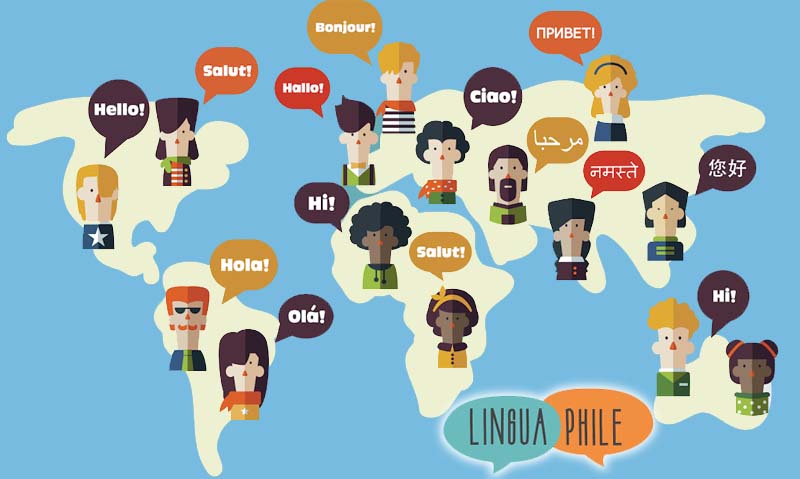We all always use languages in everything we do. Languages are the main way to communicate. Lots of people who learn a new language for better career opportunities. Also, there are people who learn languages because they find great joy and fascination in exploring the intricacies of languages. These people are commonly called language lovers. A term for a lover of linguistics or a lover of language is Linguaphile. So, you can call someone who loves language as Linguaphile. Well, in the text below, we will share some information you need to know about Linguaphile.
What Does Linguaphile Mean?
Linguaphile is a term used to describe a person who has a deep love and passion for languages or linguistics. For your information, linguistics is the scientific study of language, including its structure, evolution, and how it is used in communication.

A Linguaphile usually finds great joy and fascination in exploring the intricacies of languages, phonetics, semantics, grammar, and the cultural aspects associated with it. Aside from that, a Linguaphile also enjoys studying different languages, analyzing language patterns, and learning about the historical and cultural context of languages. Linguaphiles surely have strong interest in language preservation and revitalization efforts. They always appreciate the beauty and variety of languages, and enjoy discussing and exploring them.
Where Does Linguaphile Come From?
Linguaphile comes from the Latin lingua or lingu, meaning “tongue.” In this context, it refers to speech and language. While the suffix -phile means “lover of.” The word Linguaphile is most often used to describe people who master several languages because of their love of learning languages. However, to be a Linguaphile, you do not need to be fluent in more than one language. Usually, a Linguaphile loves language for all the things it can do. Either the old words or new words, a Linguaphile will love them so much. People who love languages will be happy in collecting bits and pieces of a new language and then using them. Linguaphiles are also known to be good at writing poetry, fiction or letters.
The Multifaceted Linguaphile
To understand the world of linguaphiles, it is necessary to know that their interests go beyond just the appreciation of words and syntax. They often manifest their love of languages in a wide of ways:
-
- Language Learning
Linguaphiles love learning new languages. They begin learning to master languages from different language families, enjoying the intricacies of each language.
-
- Literary Exploration
Linguaphiles love learning literature from poetry to prose. Literature holds a special place in the heart of Linguaphiles.
-
- Translation and Interpretation
Lots of Linguaphiles who pursue careers as translators or interpreters, bridging the gap between languages and cultures.
-
- Cross-Cultural Communication
With deep understanding of language equips, Linguaphiles will be easily involved in cross-cultural communication.
-
- Cultural Immersion
Language lovers are usually not satisfied with just learning the vocabulary and grammar of a language. They will try to immerse themselves in the culture they are associated with, including exploring traditions, customs and even culinary delights.
-
- Language Preservation
Many Linguaphiles support the preservation of endangered languages. They are well aware of the importance of linguistic diversity and cultural richness.
Why Would Someone be a Linguaphile?
Apparently, there are a variety of reasons why someone becomes a Linguaphile. Common reason is due to sincere love for a particular language culture. A Linguaphile is not only interested in a particular language, namely its aspects like vocabulary and grammar, but also its culture. This is because culture and language are closely related, you cannot have one without the other. As we know that culture is the characteristics of a particular society or group of people, encompassing religion, social habits, cuisine, language, music and arts. While language is a system of communication which consists of vocabulary and grammar that people use to express their thoughts and feelings within that culture. By nature, culture and language come together. A person cannot express his beliefs without using language, and language cannot express anything without beliefs and customs that come from culture.

A bookworm and researcher especially related to law and citizenship education. I spend time every day in front of the internet and the campus library.





